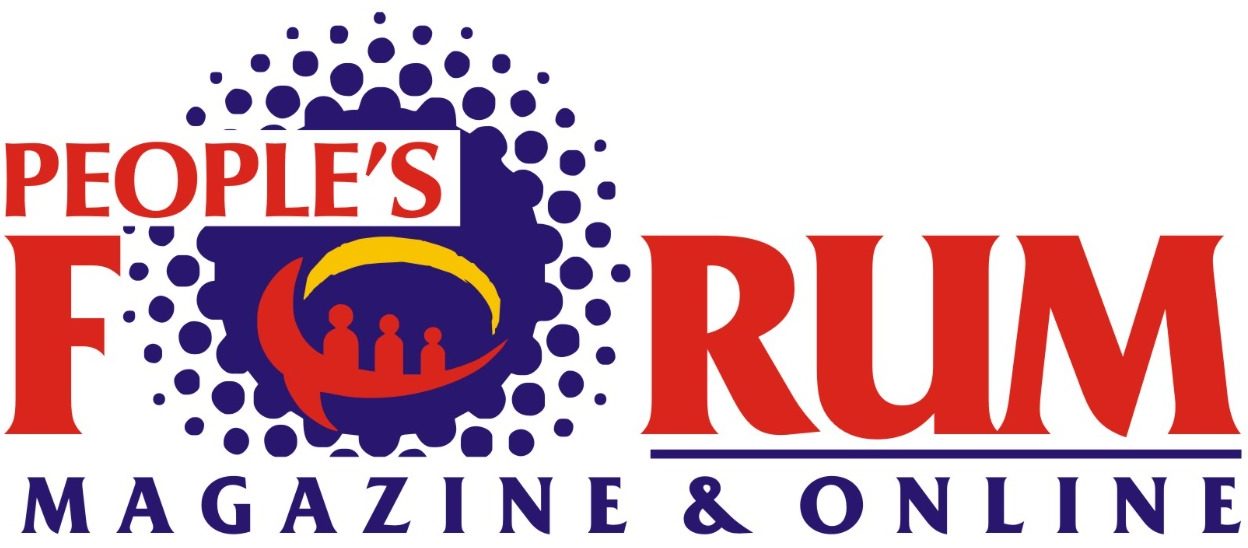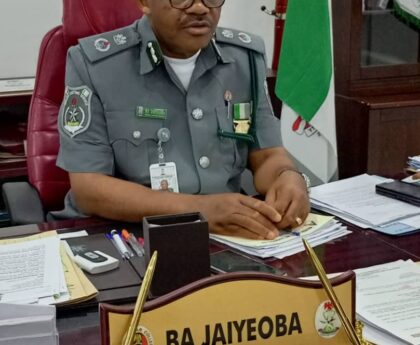Despite bold proclamations from the Nigerian Maritime Administration and Safety Agency (NIMASA), its efforts to eliminate the unjustified War Risk Insurance (WRI) premiums levied on Nigeria-bound vessels seem stuck in neutral.
Under the leadership of Director General Dr. Dayo Mobereola, NIMASA has vowed to challenge the $500 million annual drain from the Nigerian economy caused by these surcharges imposed by foreign insurance companies. But as the financial hemorrhage continues unchecked, stakeholders are left questioning whether NIMASA’s aggressive campaign is more talk than transformative action.
Although Nigeria has made tremendous strides in maritime security—earning delistings from both the International Maritime Bureau (IMB) in 2021 and the International Bargaining Forum (IBF) in 2023—foreign insurers like Lloyd’s of London and P&I clubs persist in treating Nigerian waters as a high-risk zone. The result? A staggering $1.5 billion paid in WRI premiums over the past three years.
– A Very Large Crude Carrier (VLCC) pays up to $445,000 in WRI per voyage.
– Container ships can face surcharges up to $525,000.
– Shipping lines like Maersk impose additional fees, such as $450 per container for “transit disruption.”
These costs ripple through the economy, burdening importers and exporters, and ultimately inflating prices for everyday Nigerians.
While the agency cites its multi-billion-naira Deep Blue Project as a peacekeeping success—backed by the Minister of Marine and Blue Economy, Adegboyola Oyetola—critics argue that tangible progress on eliminating WRI has been minimal. Discussions with international partners and appeals to the United Nations have yet to yield meaningful change.
Industry voices like Alhaji Aminu Umar of the Nigerian Chamber of Shipping and Mr. Sola Adewunmi of the Nigeria Shipowners Association (NISA) emphasize the need to engage directly with the Joint War Committee, the entity with actual authority to lift or impose WRI.
However, the Maritime Reporters Association of Nigeria (MARAN) is refusing to let the issue fade into bureaucratic inertia. Its upcoming 3rd Annual Maritime Lecture (MAMAL 2025), themed “Addressing the Burden of War Risk Insurance on Nigerian Maritime Trade,” promises to be a rallying point for real change.
Slated for August 28, 2025, at Eko Hotel and Suites in Lagos, the lecture will convene over 500 stakeholders, including:
– Maritime security experts
– Shipowners and terminal operators
– International shipping lines
– Diplomats, insurers, regulators, and legal professionals
MARAN President Mr. Godfrey Bivbere has called out WRI as a “fraudulent international burden,” spotlighting the urgent need for collective action.
By confronting the entrenched systems that perpetuate WRI surcharges, MARAN’s forum aims to push beyond diplomatic platitudes and drive a unified demand for justice.
While NIMASA continues diplomatic outreach, MARAN is setting the stage for bold, actionable advocacy from those directly impacted. If Nigeria’s maritime reputation has improved, its economic policies must reflect that reality.
The time for polite requests is over. The time for a decisive, coordinated pushback is now.





